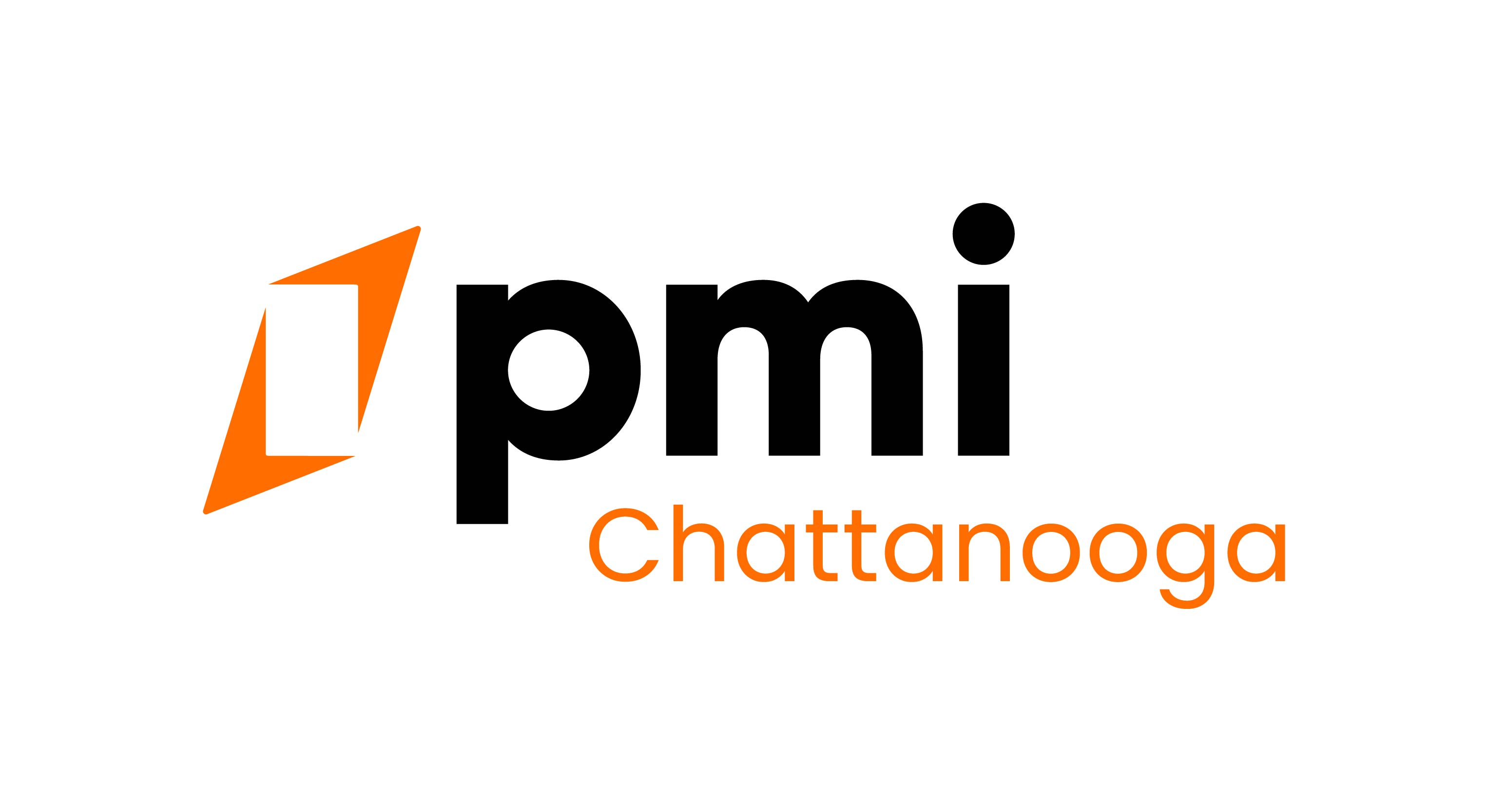In 2023, approximately 2,7 percent of the population in Tennessee live in subsidized housing, funded by the US Department of Housing and Urban Development (HUD). That's roughly 193,000 people.
As a property owner, that's a huge pool of potential if you decide to become a Section 8 landlord and offer housing to lower-income families, earners, the elderly, or the disabled. But how do you establish yourself under the laws of the rental voucher program and offer fair rent?
Find out all you need to know in this blog.
How Does Being a Section 8 Landlord Work?
Becoming a Section 8 landlord means offering your property to rent to low-income earners who are issued housing vouchers that act as low-income rental aid. If a tenant chooses your property to rent, the Tennessee Housing Development Agency (THDA) will inspect your rental beforehand.
The point of this inspection is to ensure your property meets the agency's housing standards and that you're offering reasonable rent. It's the job of the THDA to ensure the tenant can afford your proposed rent, too.
Once approved as a Section 8 landlord, you will sign a lease with the tenant, as well as the TDHA. This is to guarantee you, the landlord, a consistent income through the housing voucher program and federal housing support.
When it comes to Section 8 rent, the tenant pays you 30 percent of their income for rent, while the remaining tenant rent subsidy (70 percent) is subsidized by HUD housing assistance.
How Section 8 Rent is Established
The entire premise of the housing program and Section 8 housing is to ensure your rent is fair and affordable for low-income earners. The HUD will assess your rent before your tenant moves in. However, there are also numerous other instances they might need to do a check, such as:
- When your tenant's lease is up for renewal
- You are thinking about increasing the rent
- The department feels it's necessary
- The HUD orders a mandatory rental check
To determine fair and affordable rent, Section 8 compares your rental price and housing features to similar Section 8 rentals in your area. Units must be comparable in size, location, construction date, condition of the property, amenities, and included utilities.
If you've recently upgraded areas of the home, the HUD will not compare your property to one that is a little more outdated, i.e. it has not been renovated in quite some time. These are just a few of the most important factors that play a role in determining fair market rent.
When it comes time to increase your rent, the HUD will take a look at local market conditions and deem whether a rental increase is fair or warranted. Your rent must remain under a certain threshold in order to remain a Section 8 home, otherwise, you are not legible for Section 8 tenants - even if they want to pay more rent.
Need Help Establishing Your Section 8 Rent?
If you're looking to broaden your horizons in terms of your tenant pool and ability to find new tenants, then Section 8 is worth considering. But knowing what to charge when it comes to your rent can be tricky for many landlords - whether you have experience or not.
With the help of a property management company, such as PMI in Chattanooga, you can set a reasonable rental price and attract the right tenants. PMI Chattanooga is part of a fast-growing, dynamic franchise that's perfecting and changing the property management industry.
If you're keen on becoming a Section 8 landlord but want to ensure you're charging reasonable rent, let's work together. Get in touch with our outstanding team today to learn more.


